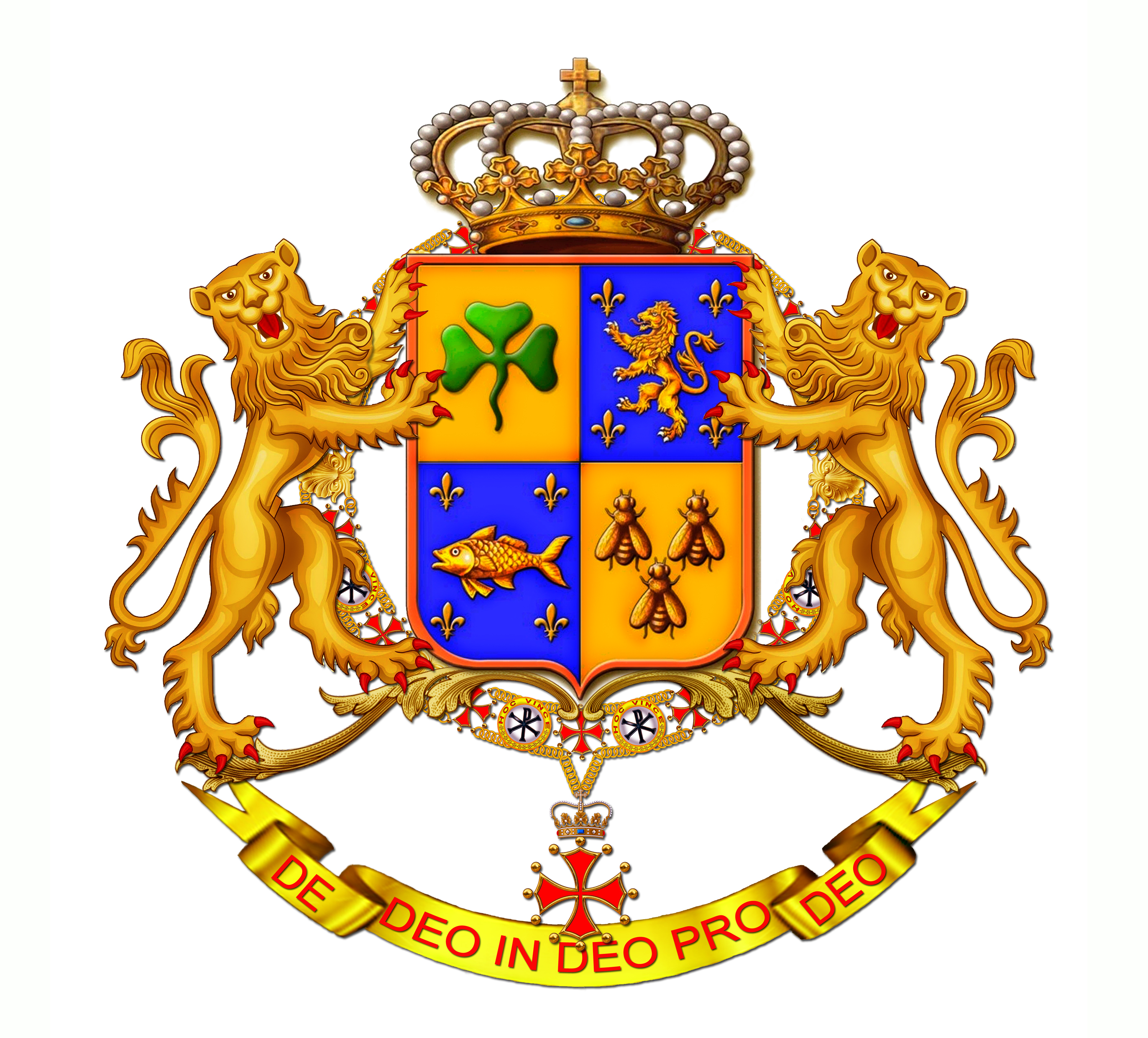Médaille "Otto von Habsburg" pour le prince de Septimanie et comte de Toulouse-Gévaudan
- Maison Royale Merovingienne

- 5 jun 2018
- 1 Min. de lectura

La médaille "Otto von Habsburg" a été décernée à Son Altesse Royale le Prince Rubén Alberto par le "Collegium Heradicum Concordiae".
Otto von Habsburg, (Archduke Franz Josef Otto Robert Maria Anton Karl Max Heinrich Sixtus Xavier Felix Renatus Ludwig Gaetan Pius Ignatius von Habsburg-Lothringen), Austrian-born political figure (born Nov. 20, 1912, Reichenau an der Rax, Austria-Hungary—died July 4, 2011, Pöcking, Ger.), was the eldest son and heir of Charles (I), the last emperor of the Austro-Hungarian empire, but after many years in exile he eventually acquired joint Austrian-German citizenship and then spent two decades (1979–99) representing Bavaria’s conservative Christian Social Union in the European Parliament. After the assassination of Archduke Francis Ferdinand (1914) and the death of Emperor Francis Joseph(1916), Charles was crowned emperor and his son, commonly called Otto, became crown prince of Austria, Hungary, Croatia, and Bohemia. The Habsburg imperial family fled Vienna in 1918, though without officially abdicating the throne. When his father died in 1922, young Otto was left as head of the royal house of Habsburg. After graduating (1935) from the Catholic University of Leuven, Belg., he spent years seeking to curtail Nazi power in Austria and worked closely with U.S. Pres. Franklin D. Roosevelt throughout World War II. Habsburg was allowed to return to Austria in 1966 under considerable controversy and only after renouncing his claim to the throne (1961) and altering (1963) his name (in Austria) to Otto Habsburg-Lothringen.











































Comentarios